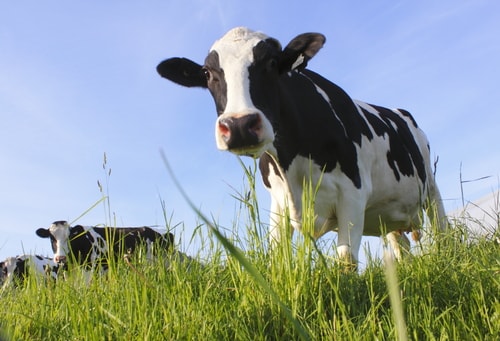Got to be NC Festival takes place May 15-17
By Diego Flammini, Farms.com
In an effort to promote the importance and opportunities agriculture provides to the state of North Carolina, the State Fairgrounds will play host to the 2015 Got to Be NC Festival from Friday, May 15 – Sunday, May 17.
“Many kids today are at least two generations removed from the farm,” said Agriculture Commissioner Steve Troxler. “The festival is a great place for families to see barnyard animals and learn more about the hardworking men and women who contribute to our state’s top industry.”
The festival is also a stop on the 2015 Tour D’Coop so in addition to milking cows, goats and learning about other farm animals and their importance to agriculture, poultry specialists from the North Carolina Department of Agriculture will offer free workshops on how people can start and maintain safe urban chicken houses.
As far the agricultural sector goes, North Carolina contributes about $78 billion to the state’s economy and is responsible for employing about 16% of the state’s work force.
Their major agricultural products are tobacco and sweet potatoes. The state is seventh in the country in farm profits with a net farm income of more than $3.3 billion.
Here are some other facts about farms in North Carolina from 2012:
- There are 52,218 farms in the state
- Average farm size is 168 acres
- Net income per farm is about $57,042
Be sure to check out the farm show calendar page to find when other farm shows are nearby.
Tell us if you’re going to take in the Go to Be NC Festival. What kinds of things would you like to see?

Visitors will be able to try their hand at milking cows.